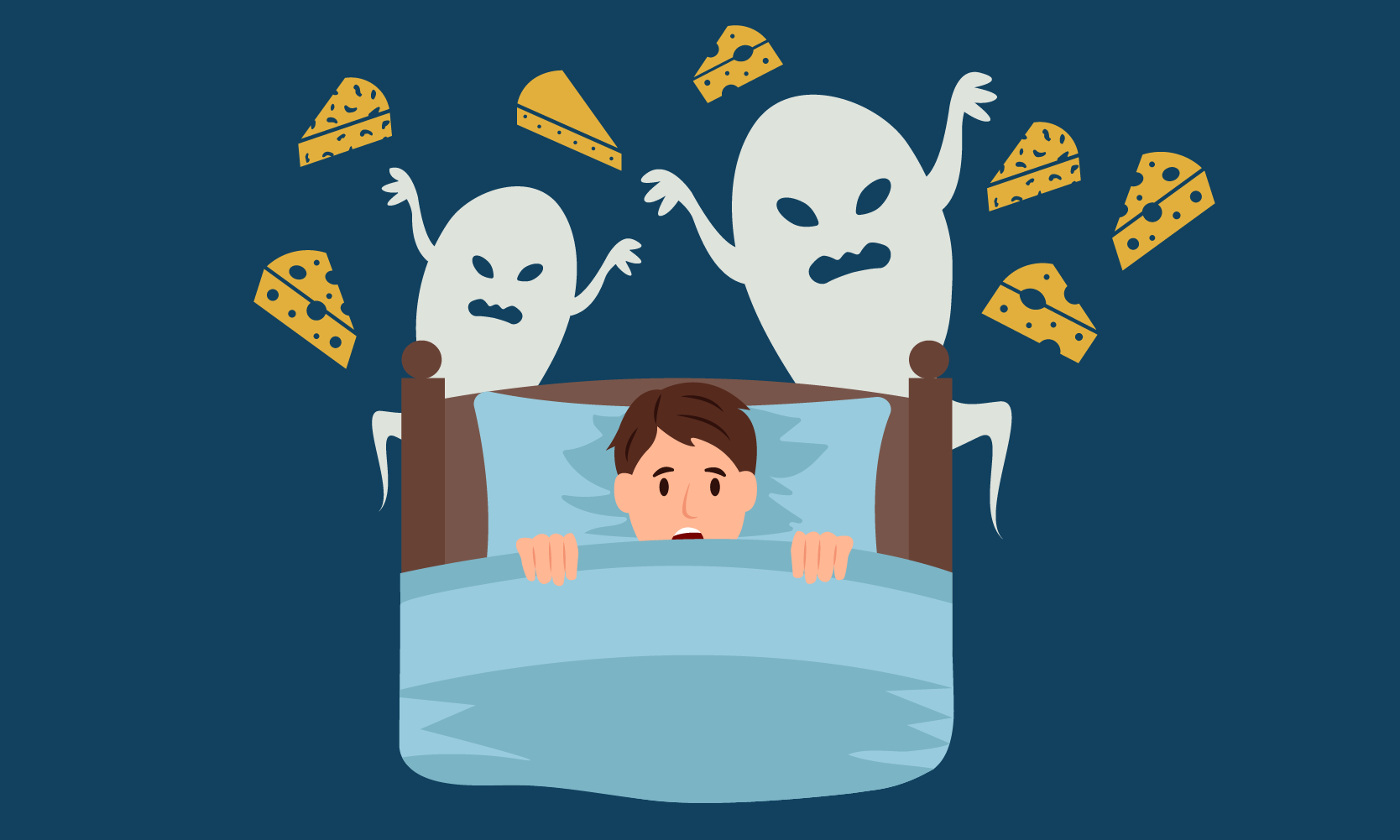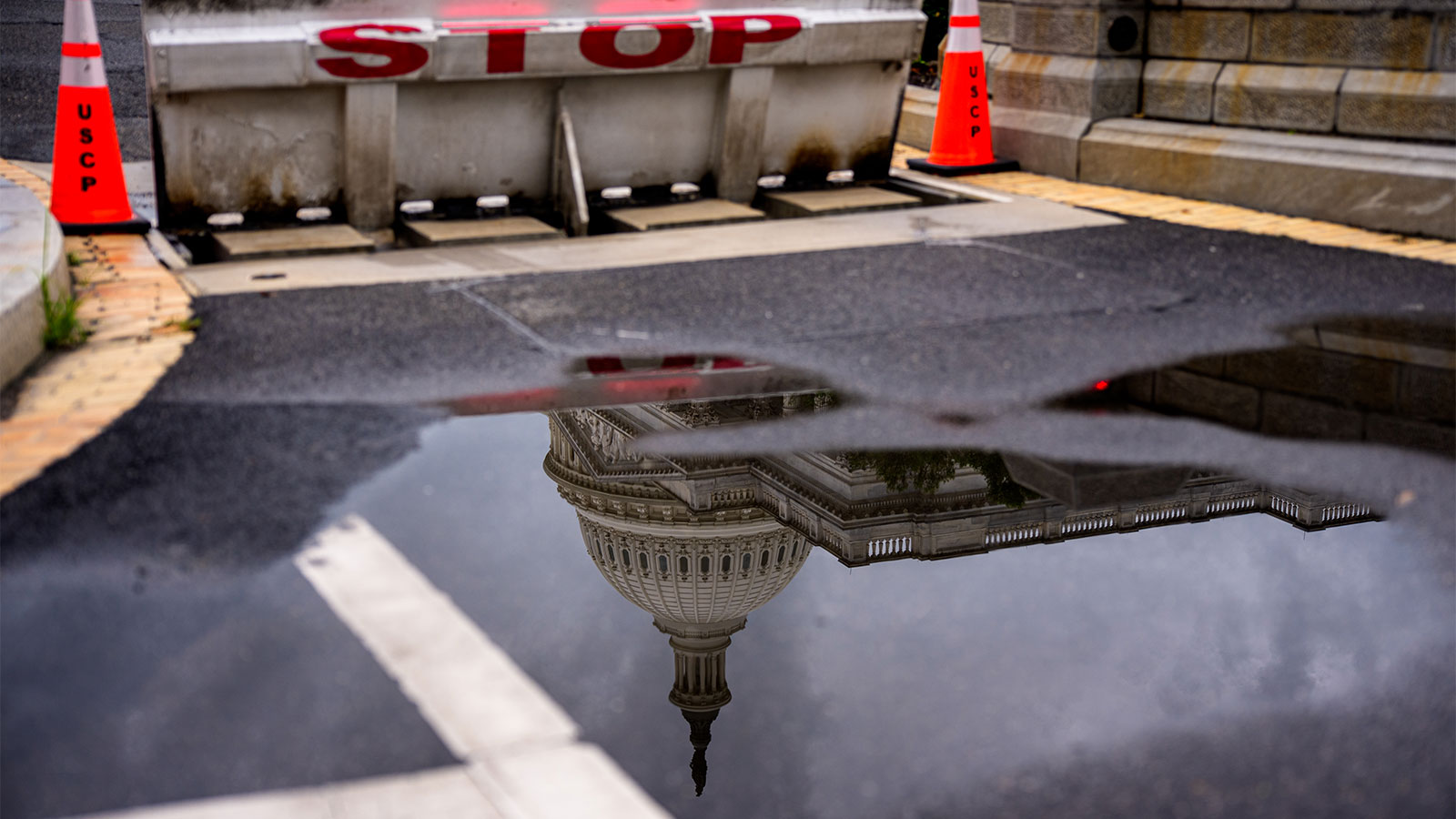Now Reading: Can Cheese Influence Your Dreams?
-
01
Can Cheese Influence Your Dreams?
Can Cheese Influence Your Dreams?

Swift Summary
- A survey conducted among 1,000 undergraduate students at MacEwan University in Canada found that sweets and dairy products were frequently enough linked to nightmares.
- Individuals with food allergies and lactose intolerance reported higher scores on the Nightmare Disorder Index versus those without such conditions.
- Gastrointestinal distress caused by lactose intolerance might exacerbate nightmares, with disrupted sleep being a contributing factor.
- The study provides the largest dataset yet connecting diet-induced gastrointestinal discomfort to bad dreams, confirming earlier research on the physiological impacts of pain on sleep quality.
- Scientists recommend adopting a diet low in foods that trigger gastric distress for those affected and emphasize the connection between gut microbiome health and overall mental well-being.
Indian Opinion analysis
This study highlights a potential relationship between dietary habits and mental health outcomes,specifically through improved gastrointestinal health aiding better sleep quality. While India has a meaningful population practicing vegetarian diets or consuming dairy products like milk regularly, awareness regarding lactose intolerance remains relatively low compared to Western countries. Insights from this research may help inform public health initiatives around nutrition education in India-especially as dietary patterns shift due to urbanization or lifestyle preferences.
Encouraging greater understanding of food allergies and intolerances could also improve India’s broader healthcare narrative around noncommunicable ailments tied to diet and mental wellness. Given India’s diverse culinary traditions, efforts aligning nutrition sciences with conventional practices could yield culturally sensitive solutions supporting better physical and psychological health.Read More
























